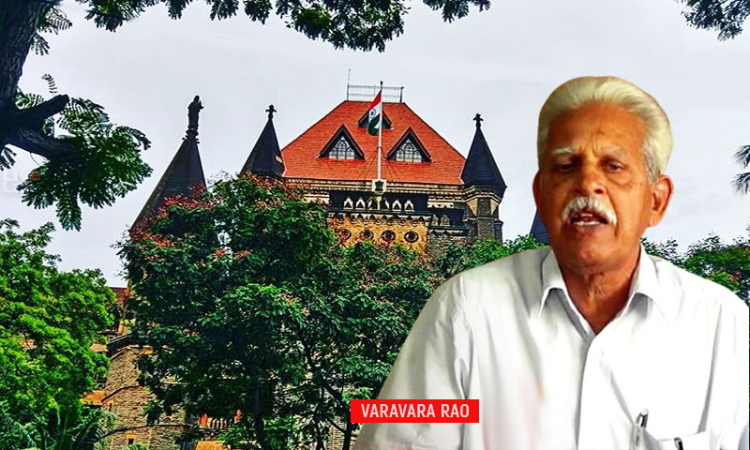Varavara Rao Can Be Sent Back To Prison, He Has No Dementia: NIA Submits Before Bombay High Court
Sharmeen Hakim
27 Jan 2021 9:39 PM IST

Next Story
27 Jan 2021 9:39 PM IST
Does the octogenarian poet Dr Varavara Rao suffer from dementia? The question seems to have become the focal argument in petitions seeking to set him at liberty and as both the sides are now arguing on the point whether Dr Rao's cognitive functions are strong enough for him to be able to take care of himself or no.Rao is an accused in the Bhima Koregaon case. He was arrested along with...
